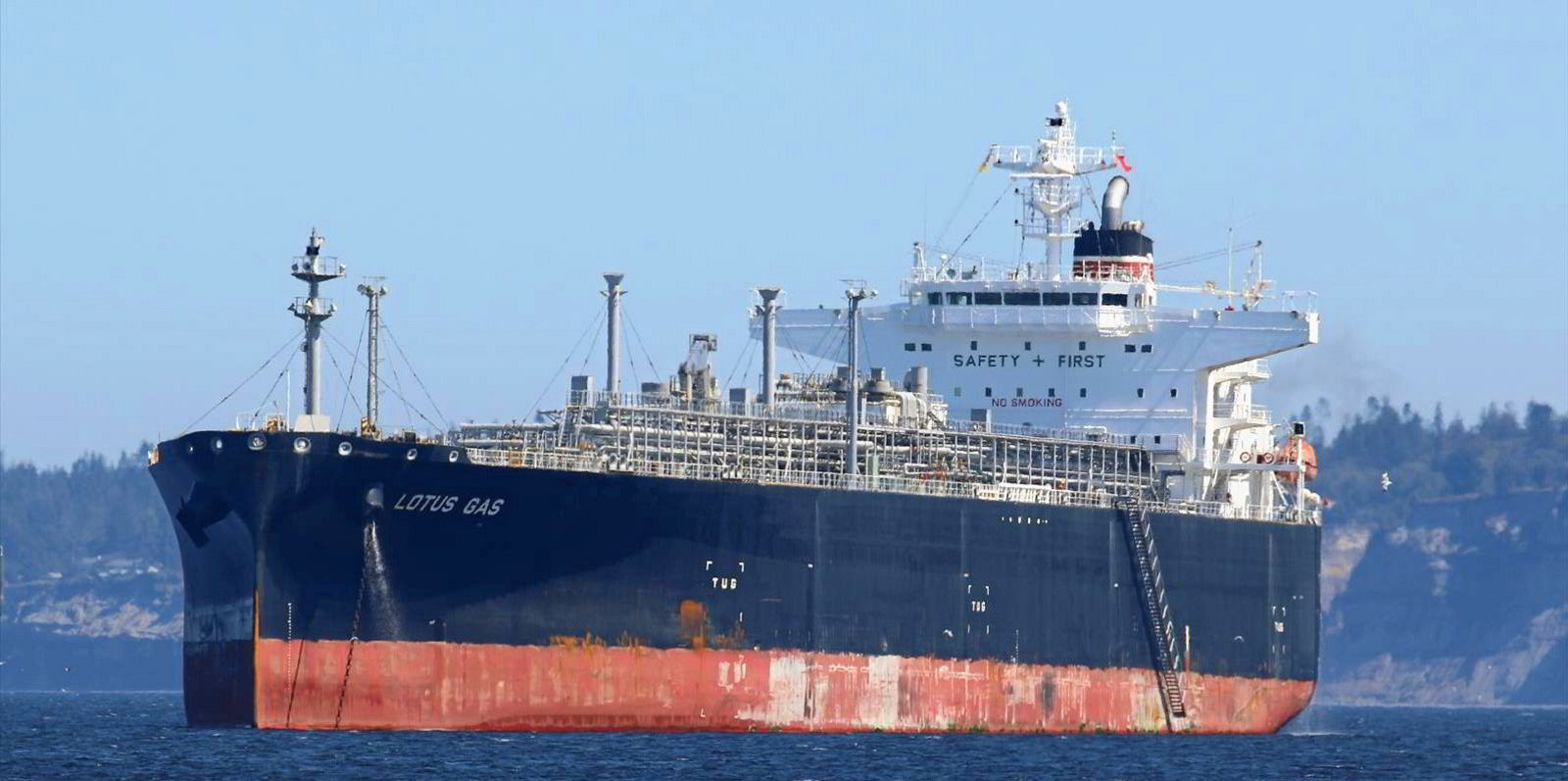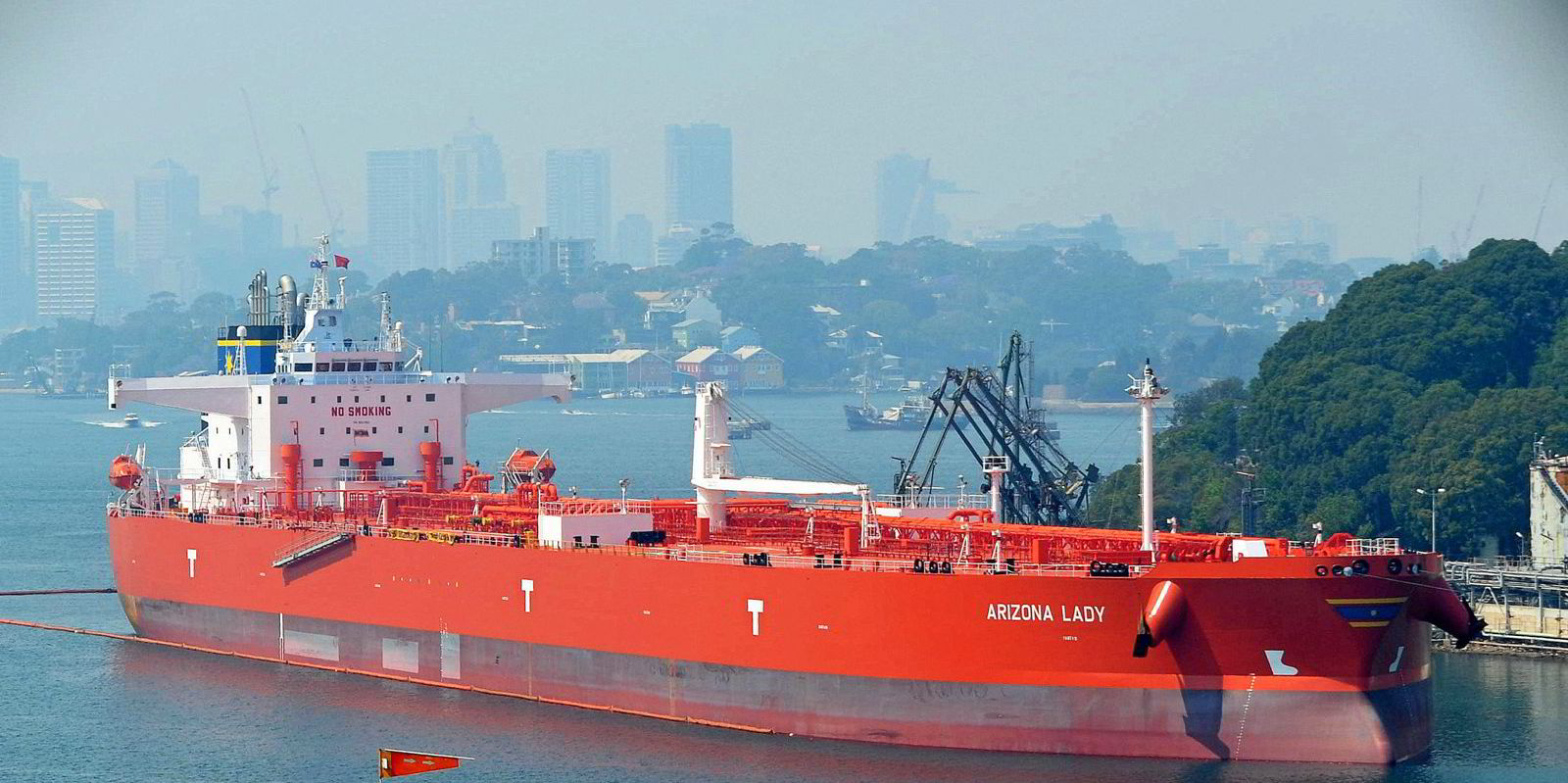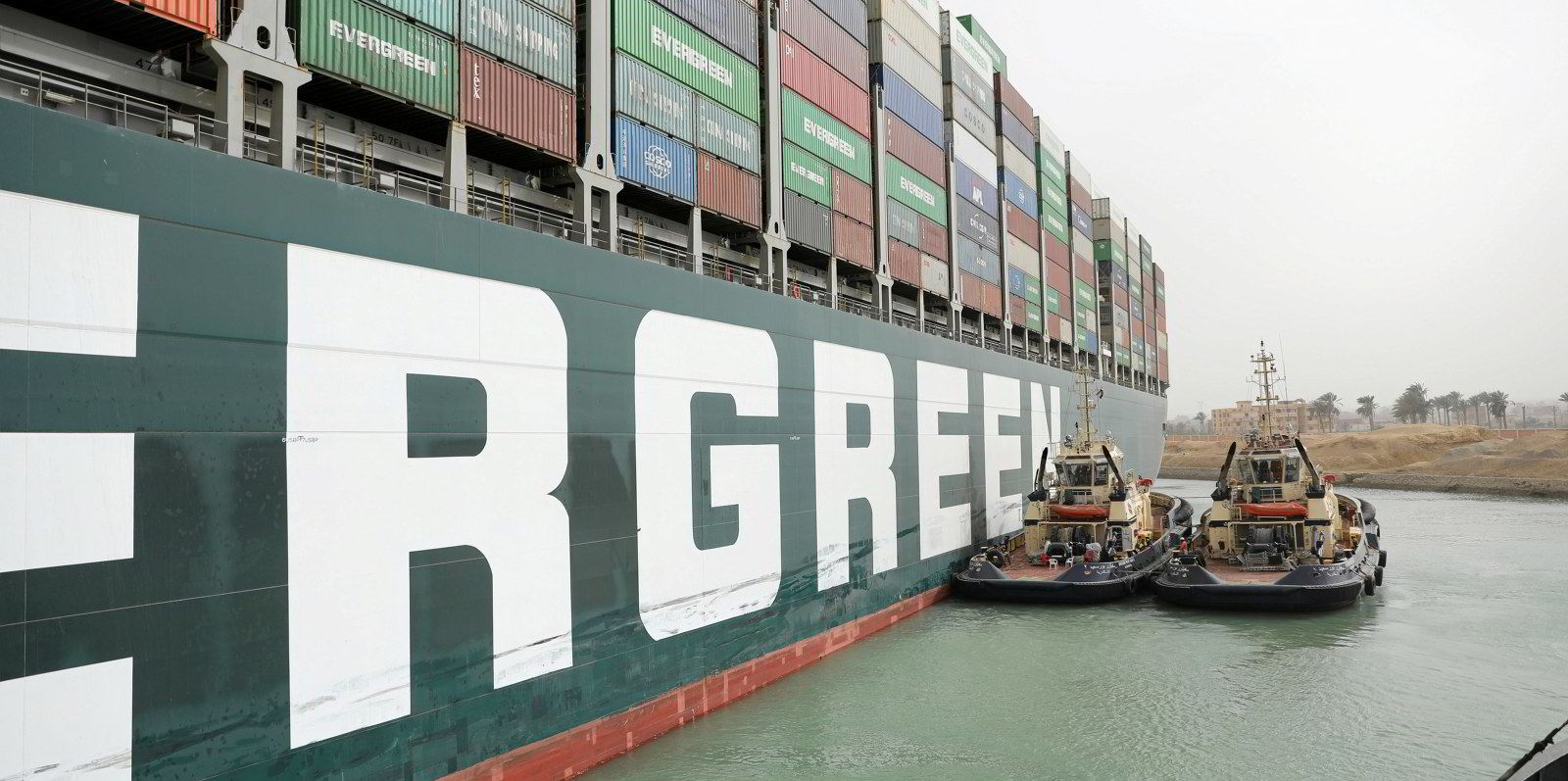Experts have warned of potential legal and insurance ramifications arising from the blockage of the Suez Canal.
The grounding of the Evergreen Marine-chartered, Shoei Kisen-owned, 20,388-teu Ever Given (built 2018) halted all traffic at the key waterway for six days.
The incident led to almost 400 ships queuing at the peak of congestion and forced dozens to divert, with supply-chain disruptions expected to last for weeks.
Canal navigation rules suggest that the shipowner, operator and ship master could be exposed to civil liabilities unless the incident can be proved not to have resulted from mistake or negligence.
“There is then the question of where any such claims would be brought and whether, if liable, owners would have a right to limit their liability for such claims,” law firm Clyde & Co legal director Will Trustram said.
The Suez Canal Authority (SCA) is not expected to be liable to similar claims, according to the rules.
“By the sole fact of using the Suez Canal water, masters and owners of vessels bind themselves to accept all the conditions of the said Rules of Navigation,” the West of England P&I Club said in an advisory note.
“SCA shall not accept and [or] consider any claim for damages arising out of the temporary delay.”
Moreover, charterparties could face claims from either the shipowning or chartering side, depending on individual cases.
When a voyage charter is being performed, the owner and charterer might have limited legal ground to claim from each other due to the recent delay, according to Trustram.
But he added: “The scheduling of many global ports will be hugely impacted by these delays, such that there may be considerably more congestion and competition for berths, potentially giving rise to higher demurrage claims against charterers.
“The laytime and demurrage provisions will require careful analysis to ascertain where the loss falls.”
As for vessels ballasting to perform voyage charters and stuck in the canal, general charter contracts would include clauses that give charterers the right to cancel the deals.
West of England warned that charterers may be liable to demurrage if they did not cancel the voyages and their vessels cannot arrive on time to load the cargoes.
But “to cancel prematurely may constitute an anticipatory repudiatory breach, which if affirmed by owners could give rise to substantial damages, provided that owners can subsequently show that they would have reached the delivery location by the cancelling date”. the insurer added.







